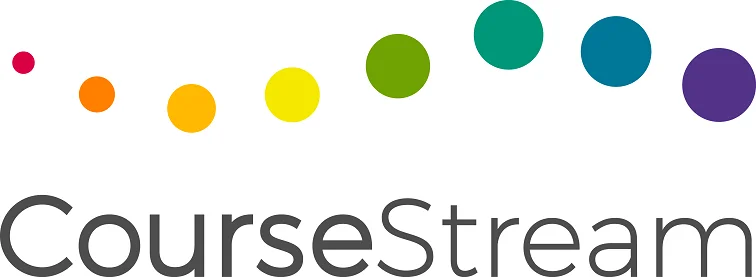


Psychology and Counselling Course Online
Why Study this Psychology and Counselling Course?
Do you want to learn how to advise people based on their psychological conditions? Then this online psychology and counseling course may just be the one you are searching for! This course will teach you that and much more! Such as the connection of the mind to the body, the way to deal with stress, the abnormal behavior that one feels, and how to treat them, the various methods that are used to deal with different types of abnormalities, and more.
Learn about the relationship between psychology and counselling, this is a great starting point for anyone interested in a career in counselling or as a psychologist.
This online psychology and counselling course offers the ideal overview of different approaches to counselling and the types of influences on behaviour which might lead people to seek out the services of a counselor. Students also learn about the different groups of mental health disorders as well as differences in individual and group behaviours. Graduates will feel they have a solid insight into what is required to be a counselor.
What you will learn in this course
- Identify the nature of conflict and stress and why this issue affects so many people today.
- Identify and examine behaviours that are characterised as abnormal and compare and contrast these with behaviours characterised as healthy.
- Explain social influence on individual behaviour.
- Explain social influence on group behaviour.
- Describe alternative methods of dealing with psychological problems
- Develop skills for resolving conflict.
- Develop communication skills for counselling individuals.
Course Structure
There are 7 lessons in this course:
- Stress
- Introduction
- The mind to body connection
- How to recognise stress
- What happens to the body when you experience stress
- The physiological response
- Chronic and acute stress
- Erikson’s psycho social stages
- Oral sensory stage
- Anal muscular stage
- Genital locomotor stage
- Latency stage
- Adolescence
- Young adulthood
- Middle adulthood
- Late adulthood
- Social adjustment
- Relationship betreen stress and heart disease
- What are the basic sources of stress
- Why some people suffer more
- How to deal with stress
- Defence mechanisms
- Abnormal behaviour
- Definition of abnormality
- Deviation from statistical norms
- Deviation from social norm
- Maladaptiveness in behaviour
- Personal distress
- Disability
- Wakefield’s harmful dysfunction concept
- Psychologically healthy individuals
- Deviation in character
- Classification of mental disorders
- Anxiety and mood disorders
- Prevalence of depression
- Treatment of depression
- Schizophrenia
- Substance related disorder
- Disorders diagnosed in childhood
- Delerium, Dementia, Amnestic and Cognitive disorders
- Problems with classification
- Individual Behaviour
- Pro social or altruistic behaviour
- When do children first exhibit pro social behaviour
- Socialisation
- Conformity
- Family influence
- Disciplinary measures
- Sibling influence
- Influence of family structure
- Influence of school
- Praise
- Influence of peers
- Heiders balance theory
- Dissonance theory
- Cognitive dissonance
- Group behaviour
- Social considerations
- Temporary group
- Organised group
- Organisational groups
- The influence of groups
- Industrial groups
- Methods of dealing with abnormalities
- Professionals in counselling and psychology
- Therapist techniques
- Transference
- Directiveness and non directiveness
- Systematic desensitisation
- Behaviour therapies
- Psychoanalytical approach
- Psychoanalytic techniques
- Humanistic therapy
- Eclectic approach
- Conflict resolution
- Introduction
- Conflict handling techniques
- Anger
- Negotiation
- Joint problem solving
- Problems with negotiation
- Mediation
- Procedure
- Running a mediation process in a conflict situation
- Agreements or contracts
- Suggested timetable for a mediation session
- Interpersonal communication skills
- Introduction
- Communication channels
- Effective communication
- Awareness
- Communication skills
- Hearing verbal messages
- Perceiving non verbal messages
- Responding
- Verbal and non verbal communication
- Bodu language
- Communication barriers
- Self awareness
- Self esteem
- Specific skills: listening, paraphrasing, reflective responses, etc
- Conversation development
- Professional relationship building
Enrol Now
- Experienced Tutor support
- Certificate sent to you
- Online study (Printed notes available)
- Self paced - no set timetable
- 12 months to complete course
From: $25.00 / week for 26 weeks
Get a Free Info Pack!











